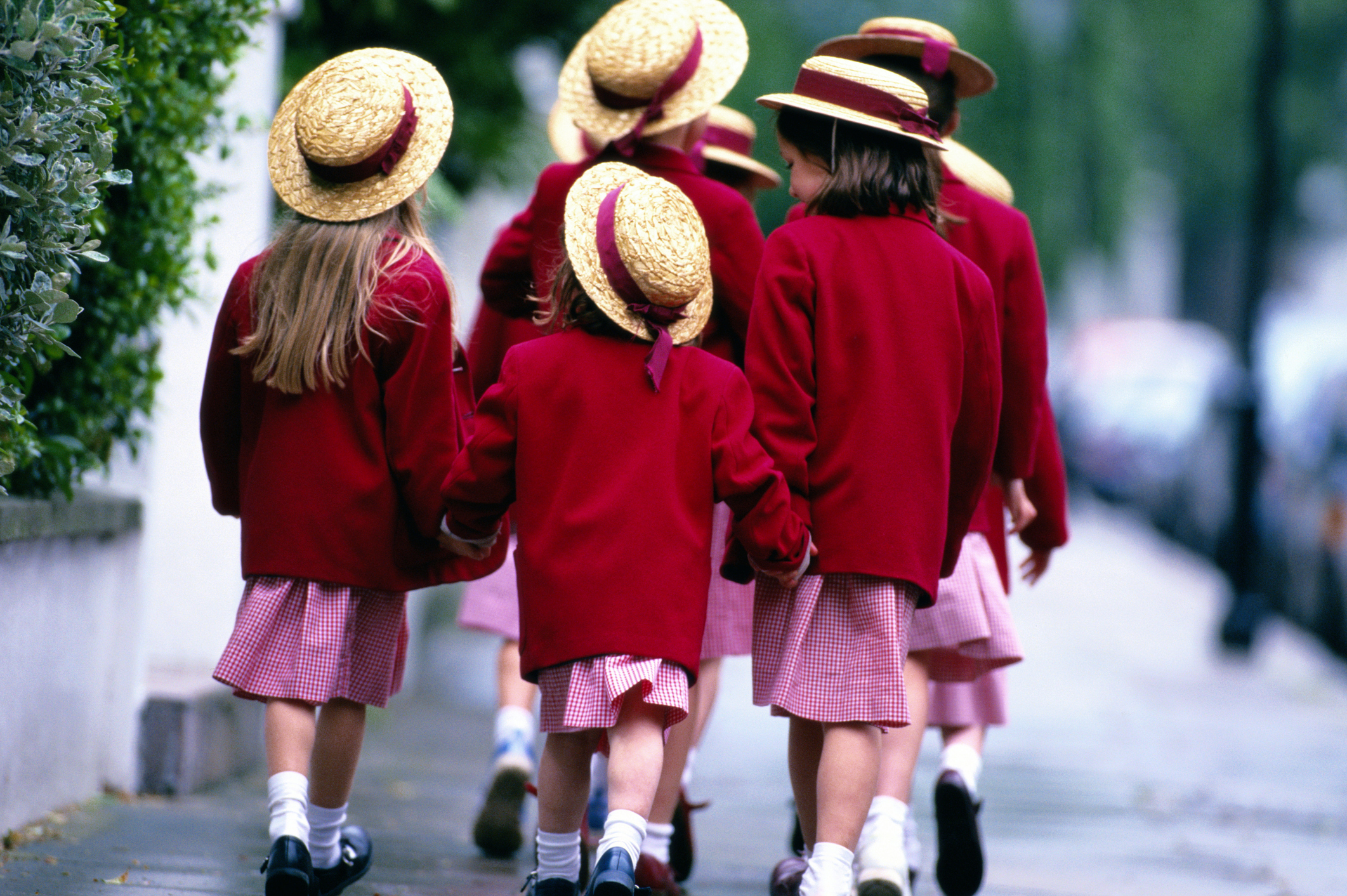Parents forced to borrow as much as £22k to cover private school fees
The introduction of VAT on private school fees at the start of this year has resulted in more parents borrowing to pay for their children’s education


Get the latest financial news, insights and expert analysis from our award-winning MoneyWeek team, to help you understand what really matters when it comes to your finances.
You are now subscribed
Your newsletter sign-up was successful
Want to add more newsletters?

Twice daily
MoneyWeek
Get the latest financial news, insights and expert analysis from our award-winning MoneyWeek team, to help you understand what really matters when it comes to your finances.

Four times a week
Look After My Bills
Sign up to our free money-saving newsletter, filled with the latest news and expert advice to help you find the best tips and deals for managing your bills. Start saving today!
Parents have been borrowing more to pay for independent school fees as they look to spread the cost of private school fees. Parents were borrowing even before the introduction of VAT this year, which has put more pressure on household finances.
The average for parents through School Fee Plan – a finance provider for school fees – rose 11% last year to £21,735. This is 19% higher than two years ago.
The total lent last year was around 15% higher than in 2022 and 5% higher compared to 2023.
MoneyWeek
Subscribe to MoneyWeek today and get your first six magazine issues absolutely FREE

Sign up to Money Morning
Don't miss the latest investment and personal finances news, market analysis, plus money-saving tips with our free twice-daily newsletter
Don't miss the latest investment and personal finances news, market analysis, plus money-saving tips with our free twice-daily newsletter
This rise in demand for borrowing to pay the cost of private education came even before the introduction of VAT on independent school fees, which took effect in January.
However Premium Credit, which owns School Fee Plan, said the first three months of 2025 have seen parents and schools adjusting to the change, with many schools yet to announce fee rises.
Stewart Ward, head of School Fee Plan, said: “Our data shows the total lent and the average amount borrowed – rising steadily even before the introduction of VAT – is likely to continue to increase.”
How much does private school cost?
Fees averaged £18,000 per year for the average day school in the 2023/24 academic year, according to the Independent Schools Council (ISC), in the latest report available.
This figure increased to around £24,000 for day pupils attending boarding schools, and to around £42,500 for the average boarder. These fees are expected to rise significantly in the next edition of the report, as private schools pass on the VAT hike.
If all schools were to pass on the full 20%, the average day school fee could increase to around £21,600.
The cost of sending just one child to private school to age 18 has jumped by more than £100,000 as a result of VAT being introduced on fees, separate analysis suggests.
Almost all (94%) of headteachers, bursars and finance managers at independent schools said they are looking for schemes which enable parents to spread the cost of their children’s fees, according to School Fee Plan’s survey. Research last year found 89% were doing so.
“This underlines that for many parents, it makes sense to spread the cost over a year rather than in termly payments in exactly the same way we are all used to doing for our mortgage payments”, said Ward.
“That applies even if they can afford to make the payments every term as paying monthly fits better with most people’s budgets and lifestyles.”
Some parents may find it is easier to pay the fees upfront, but there are risks - see our article on the pros and cons of paying private school fees up front.
The government has estimated around 37,000 private school pupils (6%) will leave schools as a result of VAT on fees.
However the Independent Schools Council (ISC) said government data shows 77 private schools have announced plans to shut since the policy was announced in October 2023.
Get the latest financial news, insights and expert analysis from our award-winning MoneyWeek team, to help you understand what really matters when it comes to your finances.
Laura Miller is an experienced financial and business journalist. Formerly on staff at the Daily Telegraph, her freelance work now appears in the money pages of all the national newspapers. She endeavours to make money issues easy to understand for everyone, and to do justice to the people who regularly trust her to tell their stories. She lives by the sea in Aberystwyth. You can find her tweeting @thatlaurawrites
-
 Should you buy an active ETF?
Should you buy an active ETF?ETFs are often mischaracterised as passive products, but they can be a convenient way to add active management to your portfolio
-
 Power up your pension before 5 April – easy ways to save before the tax year end
Power up your pension before 5 April – easy ways to save before the tax year endWith the end of the tax year looming, pension savers currently have a window to review and maximise what’s going into their retirement funds – we look at how
